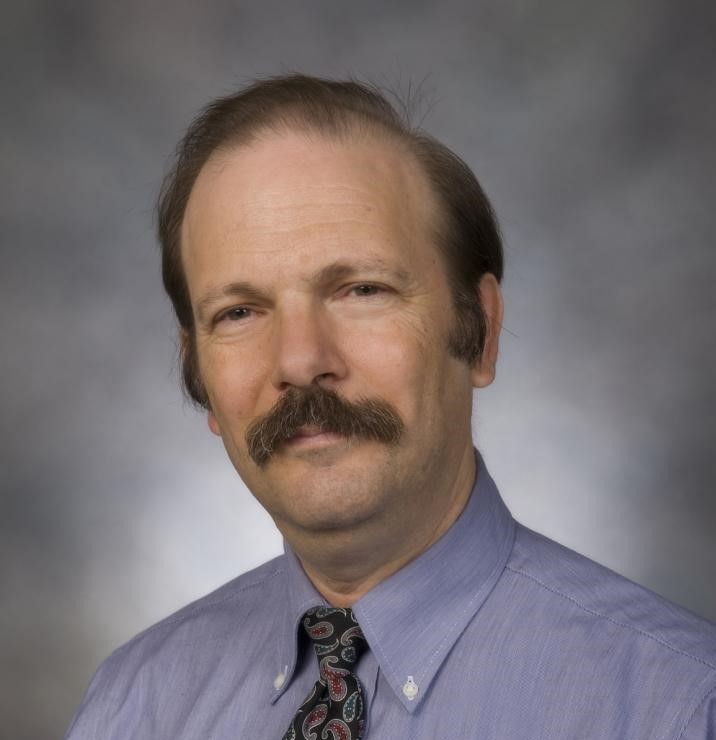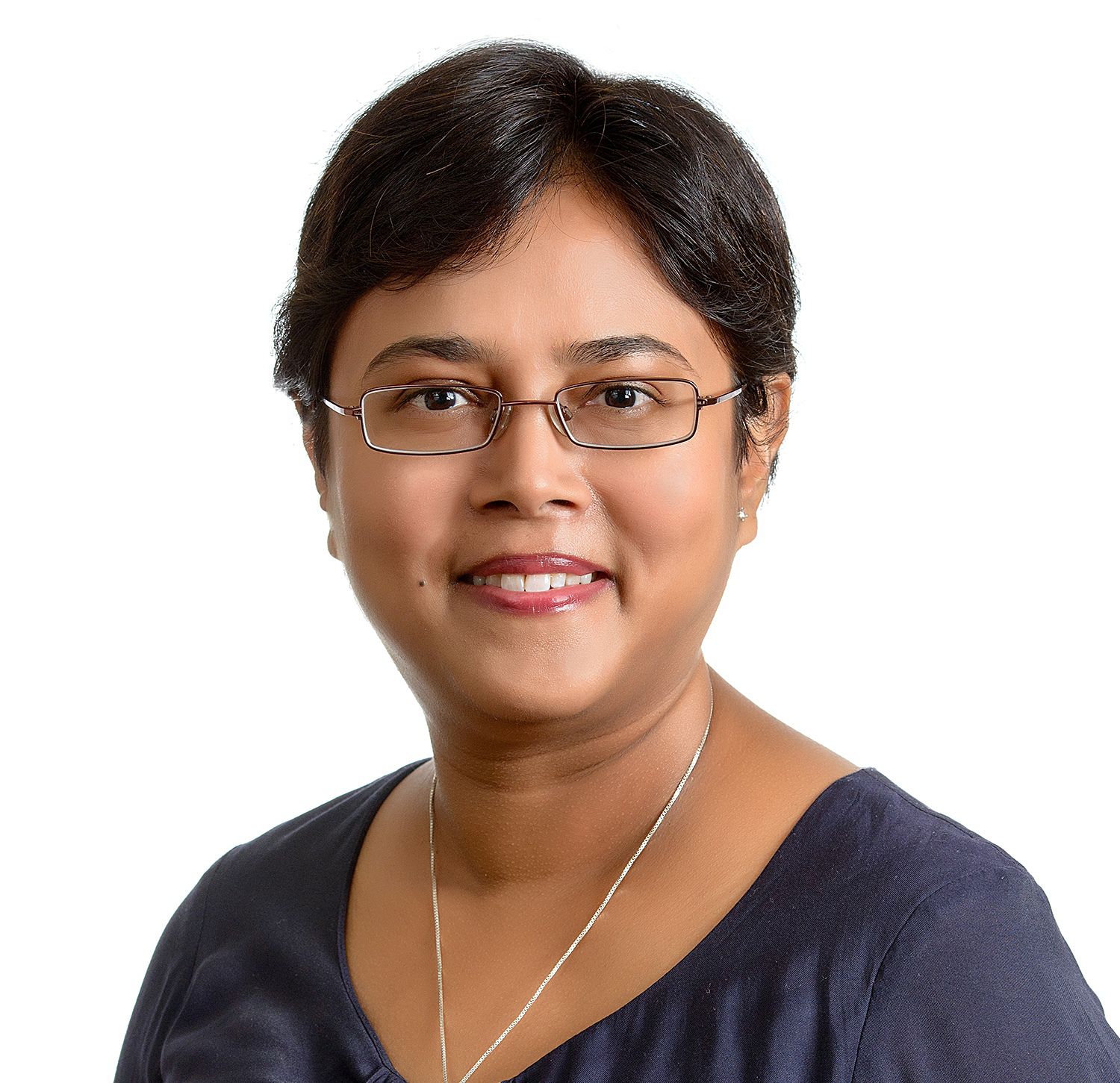The Brain fueling the Fourth Industrial Revolution
 Victor Bahl
Victor Bahl
Microsoft
There’s a shift in the technology and business landscape that is gaining momentum. It is dramatically altering how data is created, ingested, processed and acted upon. Industries, ranging from manufacturing to space-exploration, healthcare to transportation, retail to telecommunications are infusing information technologies into their day-to-day processes and tasks. They are developing real-time control systems that use sensors and actuators along with machine learning and artificial intelligence to create new functions, improve efficiency and reduce cost. At the center of this new world is edge computing.
I will explore this exciting new computing paradigm from the perceptive of a researcher who has been working on this for over ten years. I will discuss the evolution of the intelligent edge, describe a few real-world applications, technologies and products that customers are willing to pay for. I will share with you the progress we have made and more importantly the lessons we have learned as we developed an edge-based, (hybrid-cloud) live video analytics system called Rocket. Rocket is deployed in a US city and it is used to reduce traffic-related fatalities and improve urban mobility. Video analytics will change lives and we are moving forward aggressively towards the democratization of this technology. Time permitting, I will peek into the future, who will be impacted and why. I will lay out some of technical and business challenges facing the large-scale adoption of edge-computing and the opportunities these challenges are creating.
Tuesday, April 16, 2019, 9:00am
Speaker Biography
Victor Bahl is a distinguished scientist and director of mobility & networking research group in Microsoft. He serves on the Microsoft Research Redmond Lab leadership team managing over 200 researchers, engineers, and staff. He routinely advises Microsoft's CEO and his senior leadership team on strategy and long-term vision related to networked systems, cloud computing, data center infrastructure, mobile computing, and wireless systems. Dr. Bahl has published over 125 papers with over 47,000 citations. He has been granted over 160 patents and delivered 50+ keynotes and plenaries. For his seminal work in wireless systems and broadband access he has received four lifetime achievement awards for technical contributions and service. He has also been honored with two United States Federal Communications Commission awards, two national transportation awards, two test-of-time awards, three best paper awards, two distinguished alumni awards, a distinguished service award, and a IEEE outstanding leadership award. Under his direction, his group has had game-changing international impact on spectrum regulations and policies, and on Microsoft's cloud computing infrastructures including its data center networks, wide-area networks, edge computing and live video analytics. Dr. Bahl is the co-founder of ACM SIGMOBILE, ACM MobiSys, ACM GetMobile and several other important conferences.
With his wife, he co-founded Computing For All, a non-profit dedicated to increasing and enhancing computer science education for students of all ages and from all backgrounds. Dr. Bahl is a Fellow of the ACM, IEEE, and AAAS.
The Siren Song of Temporal Synthesis
 Moshe Y. Vardi
Moshe Y. Vardi
Rice University
One of the most significant developments in the area of design verification over the last three decade is the development of algorithmic methods for verifying temporal specification of finite-state designs. A frequent criticism against this approach, however, is that verification is done after significant resources have already been invested in the development of the design. Since designs invariably contains errors, verification simply becomes part of the debugging process. The critics argue that the desired goal is to use temporal specification in the design development process in order to guarantee the development of correct designs. This is called temporal synthesis. In this talk I will review 60 years of research on the temporal synthesis problem, describe the automata-theoretic approach developed to solve this problem, and describe both succuesses and failures of this research program.
Wednesday, April 17, 2019, 9:00am
Speaker Biography
Moshe Y. Vardi is the George Distinguish Service Professor in Computational Engineering, University, Professor, and Director of the Ken Kennedy Institute for Information Technology Institute at Rice University. He is the co-recipient of three IBM Outstanding Innovation Awards, the ACM SIGACT Goedel Prize, the ACM Kanellakis Award, the ACM SIGMOD Codd Award, the Blaise Pascal Medal, and the IEEE Computer Society Goode Award. He is the author and co-author of over 600 papers, as well as two books: "Reasoning about Knowledge" and "Finite Model Theory and Its Applications". He is a Fellow of the American Mathematical Society, the Association for the Advancement of Artificial Intelligence, the Association for Computing Machinery, the Association for the Advancement of Artificial Intelligence, the American Association for the Advancement of Science, the Institute for Electrical and Electronic Engineers, and the Society for Industrial and Applied Mathematics. He is a member of the US National Academies of Science and of Engineering, the American Academy of Arts and Science, the European Academy of Science, and Academia Europaea. He holds honorary doctorates from the Saarland University in Germany, Orleans University in France, UFRGS in Brazil, and University of Liege in Belgium. He is the Editor-in-Chief of the Communications of the ACM.
(Low) Powering Real-Time Intelligence at the IoT Edge
 Tulika Mitra
Tulika Mitra
National University of Singapore
Internet of Things (IoT), a network of billion computing devices embedded within physical objects, is revolutionizing our lives. The IoT devices at the edge are primarily responsible only for collecting and communicating the data to the cloud, where the computationally intensive data analytics takes place. However, the data privacy and the connectivity issues - in conjunction with the fast real-time response requirement of certain IoT application - call for smart edge devices that should be able to support privacy-preserving, time-sensitive computation for machine intelligence on-site. But what does it take to bring real-time intelligence to the edge? I will present the computation challenges in edge-centric IoT and introduce hardware-software co-designed approaches to overcome these challenges. We will discuss the design of tiny accelerators that are completely software programmable and can speed up computation to realize the edge intelligence vision at ultra-low power budget. I will also demonstrate the promise of collaborative computation that engages heterogeneous processing elements in a synergistic fashion to achieve low-power, real-time edge computing.
Thursday, April 18, 2019, 9:00am
Speaker Biography
Tulika Mitra is a Professor of Computer Science at School of Computing, National University of Singapore (NUS). She received her PhD from State University of New York at Stony Brook. Her research interests span various aspects of design automation in the context of embedded real-time systems with focus on energy-efficient computing, heterogeneous computing, processor customization, and worst-case execution time analysis, optimizations. Her work takes a holistic systems research approach encompassing program analysis, compiler optimizations to operating systems and computer architecture. She has authored over hundred and fifty scientific publications and holds multiple US patents. Tulika currently serves as Senior Associate Editor of ACM Transactions on Embedded Computing Systems, Deputy Editor-in-Chief of IEEE Embedded Systems Letters, Associate Editor of IEEE Design & Test and IEEE Micro. She has served as Associate Editor of IEEE TCAD, organizing/program committee member of almost all major conferences in her domain including program chair of EMOSFT, CASES, and is the general chair-elect of Embedded Systems Week 2020.